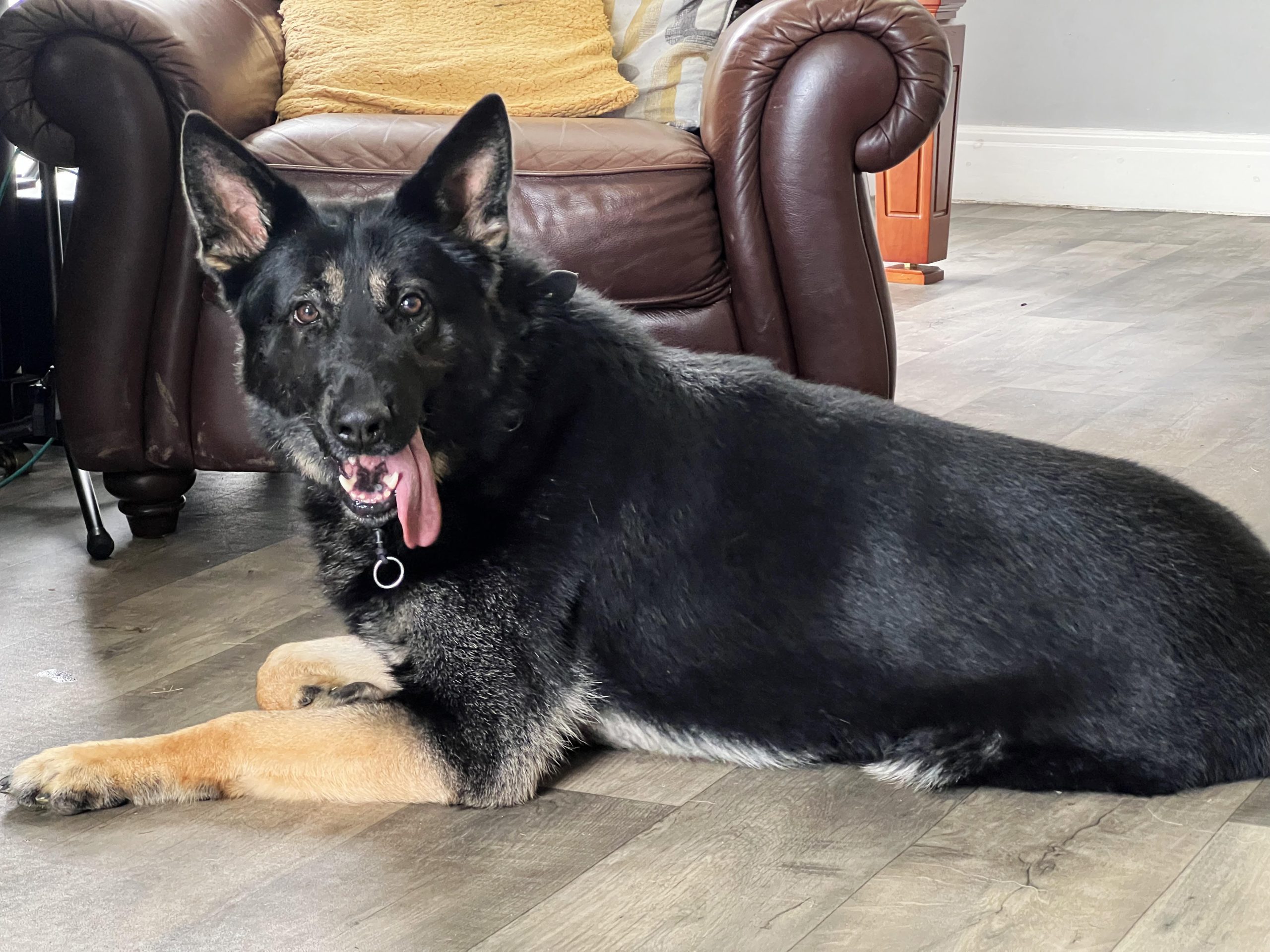Security dogs are specially trained working service dogs that focus on protecting property and people. Their work is demanding, which means that to do their job effectively security dogs need to be in peak physical and mental condition. One of the most important things to maintain with these dogs is the right nutrition and healthcare to ensure that these loyal workers are healthy, alert and ready to perform their duties to the best of their abilities. In this article, we’ll discuss some key nutritional advice and healthcare tips to keep your security dog in top condition.
Understanding the Nutritional Needs of Security Dogs
Caring for a security dog typically means taking their nutritional needs into account so that they stay fit and healthy. Unlike your standard pet dog, these working dogs will be exerting much more energy in their day-to-day lives. As a result, their diet is going to require some adjustment. Below are a few tips to help you understand the nutritional needs of security dogs a little better:
Caloric Intake and Diet Composition
Security dogs, such as German Shepherds, Dobermans, and Belgian Malinois, typically require a diet that supports their high energy levels. These dogs burn a lot of calories due to their active lifestyle. It is important to feed them a high-quality diet rich in proteins and fats to support muscle strength and energy.
Proteins are essential for muscle repair and growth, while fats provide a dense source of energy. Carbohydrates, though less useful than in human diets, should not be overlooked as they provide quick energy and help in digestion. Foods that are high in omega-3 fatty acids are excellent for maintaining coat health and joint mobility.
Special Dietary Considerations
Each dog is unique and might have specific dietary needs based on their health conditions, age, or breed. For instance, some dogs may require grain-free diets if they have allergies. Always consult a veterinary nutritionist to tailor the diet to your dog’s individual needs.
Regular Health Check-Ups
Security dogs are more likely to find themselves in situations where they could be injured. This, coupled with their high-energy lifestyle, means keeping on top of their health is important. So make sure that you’re performing regular health check-ups for your security dog to keep them in good condition.
Importance of Veterinary Visits
Regular check-ups at the vet can be incredibly helpful when maintaining the health of security dogs. These visits can help catch health issues early before they become serious. Annual check-ups typically include a thorough physical examination, vaccinations, parasite control treatments, and dental care.
Preventive Care
Preventive care is another important component of security dog health, as it can help to avoid the development of diseases that can impair their working abilities. Routine vaccinations and regular treatments for fleas, ticks, and worms will also be useful as it will keep them fit and ready for duty.
Exercise and Training
As security dogs are expected to be on high alert when required, keeping them well-conditioned is another important component of caring for them. There are lots of ways that you can do this, but the key is to be consistent with all of the exercises and training that you’re conducting.
Structured Physical Activity
Security dogs require regular and structured exercise regimes to maintain their fitness. This keeps them physically fit and also sharpens their mental acuity to keep them ready for action. Agility training, running, and obstacle courses are excellent for keeping them in shape while also providing mental stimulation.
Mental Stimulation and Rest
Security work can be as mentally taxing as it is physically demanding. Therefore, providing mental stimulation through training exercises, interactive toys, and regular playtime is essential. Equally important is ensuring they have enough rest and downtime to recover from the stresses of their job.
Special Health Considerations
Security dogs are selected for their inherent abilities, physique and demeanour. This allows them to excel in their job, but it also makes them more prone to specific types of injuries. By learning about these potential issues, you’ll be in a much better position to mitigate them or identify a problem early before things get too serious.
Joint Health
Due to the rigorous nature of their work, security dogs are prone to joint issues like hip dysplasia and arthritis. Supplements such as glucosamine and chondroitin can be beneficial for maintaining joint health. Regular, low-impact exercises like swimming – or hydrotherapy if the joint pain is severe – can also help reduce the stress on their joints.
Hearing and Sight
Maintaining the sensory health of security dogs is another important aspect of keeping them in good condition for work. Regular checks for ear infections and maintaining dental health are necessary as these can affect a dog’s ability to work effectively. Sight checks should also be part of the routine healthcare regimen, especially as dogs age.
Emotional Well-Being
Security dogs experience many of the same emotions that we do, so you should focus your efforts on supporting good emotional well-being. This can be achieved in a few different ways, but ultimately the goal is to keep them mentally fit.
Handling Stress and Anxiety
Working dogs can experience high levels of stress and anxiety. Handlers need to recognise the signs of stress and manage them appropriately. Techniques such as positive reinforcement training – https://www.totalk9.co.uk/news/dog-training/how-to-get-the-best-from-positive-reinforcement/ , providing a stable environment, and regular bonding time can help mitigate stress.
Regular Bonding and Socialisation
Security dogs should not just bond with their handler but also need to be comfortable around other people and dogs. Socialisation helps prevent aggressive behaviours and anxiety from developing, making them more effective in their roles. It’s also a great outlet for security dogs, as it allows them to relax a little instead of focusing on the work they usually do.
Keep Your Security Dog Happy and Healthy With These Tips
The health and performance of security dogs are heavily reliant on their nutrition and care. A well-balanced diet tailored to their energetic needs, regular veterinary care, adequate physical and mental exercise, and attention to their emotional well-being are all key components of a happy, healthy security dog. By investing in the health care of these invaluable canine workers, handlers can ensure their dogs are not only effective in their roles but also lead happy, healthy lives.
If you have any questions about security dogs, or would like professional help with dog training, please get in touch with our team at TOTALK9 today.

